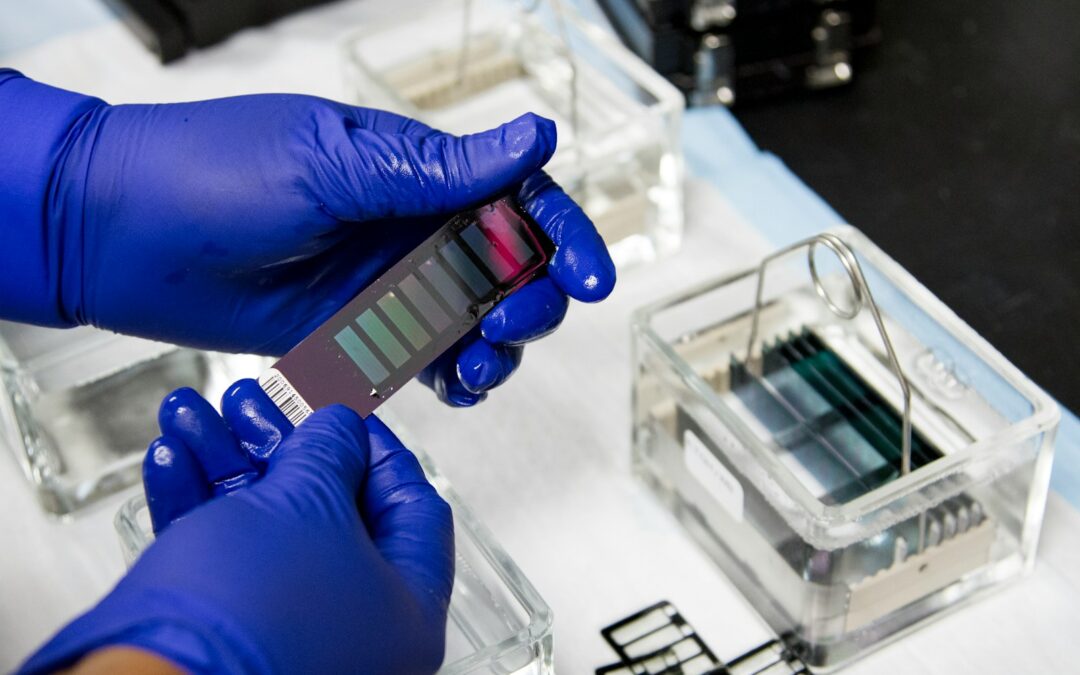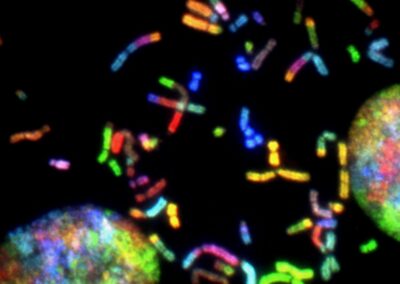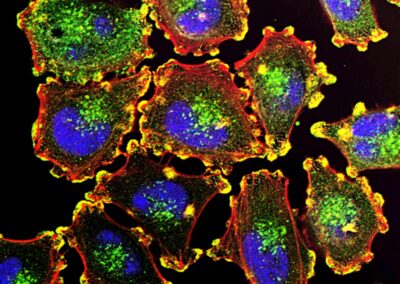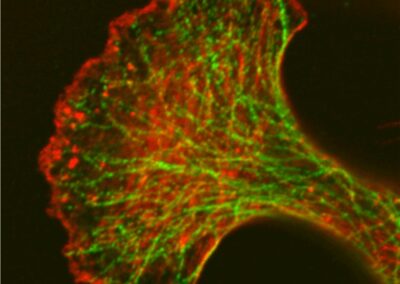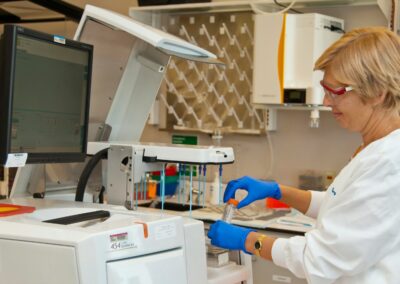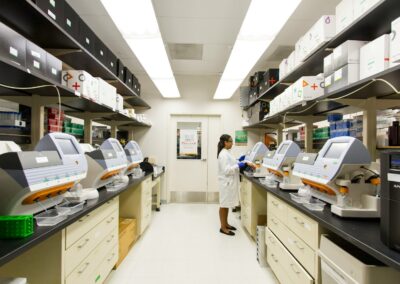Protecting Privacy in Genetic Research
The Importance of Privacy in Genetic Research
The rise of genetic research has brought unprecedented opportunities for medical advancements, yet it also poses significant ethical challenges. The impact of ethical frameworks for genetic research is crucial for ensuring that the privacy and confidentiality of genetic data are maintained. In regions like Saudi Arabia and the UAE, where advancements in biotechnology are rapidly progressing, the need for robust ethical frameworks is more critical than ever.
Genetic data is inherently sensitive and personal. It holds the key to understanding an individual’s predisposition to certain diseases, potential health risks, and even aspects of their identity. Protecting this data from unauthorized access and misuse is paramount. In Riyadh and Dubai, where genetic research initiatives are gaining momentum, ensuring the privacy of genetic data is essential for maintaining public trust and fostering a supportive environment for scientific innovation.
To address these concerns, ethical frameworks for genetic research must include stringent privacy protections. This involves implementing advanced encryption technologies, strict access controls, and comprehensive data anonymization methods. By safeguarding genetic data, researchers can ensure that individuals’ privacy is respected while still advancing the field of genetics. This balance is crucial for encouraging public participation in genetic research and promoting the ethical use of genetic information.
The Role of Biobanks in Genetic Research
Biobanks, which store biological samples and associated genetic data, play a pivotal role in genetic research. They provide researchers with valuable resources for studying genetic variations, understanding disease mechanisms, and developing new treatments. However, the collection, storage, and use of genetic data in biobanks raise significant ethical issues related to privacy and confidentiality.
In Saudi Arabia and the UAE, biobanks are becoming increasingly important for advancing biomedical research. To address the ethical challenges associated with biobanks, it is essential to establish clear guidelines for data governance. These guidelines should ensure that genetic data is collected with informed consent, stored securely, and used responsibly. By implementing robust data protection measures, biobanks can protect individuals’ privacy while facilitating valuable genetic research.
Moreover, ethical frameworks must also address the potential risks of re-identification. Even anonymized genetic data can sometimes be re-identified through sophisticated techniques. To mitigate this risk, biobanks should employ advanced anonymization methods and regularly review their data protection practices. In Riyadh and Dubai, where biobanks are at the forefront of genetic research, adopting these ethical practices is crucial for maintaining the integrity of genetic data and fostering public trust.
Implementing Ethical Frameworks in Genetic Research
Integrating Advanced Technologies for Data Protection
The integration of advanced technologies such as Artificial Intelligence (AI) and Blockchain can significantly enhance the ethical frameworks for genetic research. AI can be used to detect and prevent potential breaches of genetic data, while Blockchain technology offers robust security and transparency for data management. In Saudi Arabia and the UAE, leveraging these technologies can help ensure the privacy and confidentiality of genetic data.
AI algorithms can analyze vast amounts of data to identify patterns and anomalies that may indicate unauthorized access or misuse. By implementing AI-driven monitoring systems, researchers can proactively protect genetic data from potential threats. Additionally, Blockchain technology provides an immutable and transparent ledger for recording data transactions. This ensures that all access and modifications to genetic data are securely logged and can be audited, enhancing accountability and trust.
In Riyadh and Dubai, where technological innovation is a key driver of economic growth, adopting AI and Blockchain in genetic research can set a benchmark for data protection. By integrating these technologies into ethical frameworks, researchers can create a secure environment for genetic research, fostering public confidence and encouraging broader participation in genetic studies.
Ensuring Informed Consent and Ethical Data Use
Informed consent is a cornerstone of ethical genetic research. It ensures that individuals understand the purpose, risks, and benefits of participating in genetic studies and agree to the use of their genetic data. In Saudi Arabia and the UAE, where cultural values and ethical considerations play a significant role in scientific research, obtaining informed consent is crucial for maintaining ethical standards.
Ethical frameworks must provide clear guidelines for obtaining and documenting informed consent. This includes explaining the scope of the research, how genetic data will be used, and the measures in place to protect privacy and confidentiality. By ensuring that participants are fully informed and voluntarily agree to participate, researchers can uphold ethical principles and foster trust.
Additionally, ethical frameworks should include guidelines for the responsible use of genetic data. This involves restricting data access to authorized personnel, ensuring that data is used solely for the intended research purposes, and implementing policies for data sharing and transfer. By promoting ethical data use, researchers in Riyadh and Dubai can ensure that genetic research contributes positively to scientific knowledge and public health while respecting individuals’ rights.
Conclusion
In conclusion, ethical frameworks for genetic research are essential for addressing privacy and confidentiality concerns. By integrating advanced technologies like AI and Blockchain, obtaining informed consent, and promoting responsible data use, researchers in Saudi Arabia and the UAE can ensure the ethical conduct of genetic research. These measures are crucial for maintaining public trust, fostering scientific innovation, and promoting social justice. As genetic research continues to evolve, maintaining a focus on ethics and privacy will be key to achieving sustainable and equitable advancements in biotechnology.
—
#GeneticResearchEthics #PrivacyInGeneticData #BiobankConfidentiality #AInGenetics #BlockchainSecurity #UAEResearch #SaudiArabiaBiotechnology #LeadershipInTech

